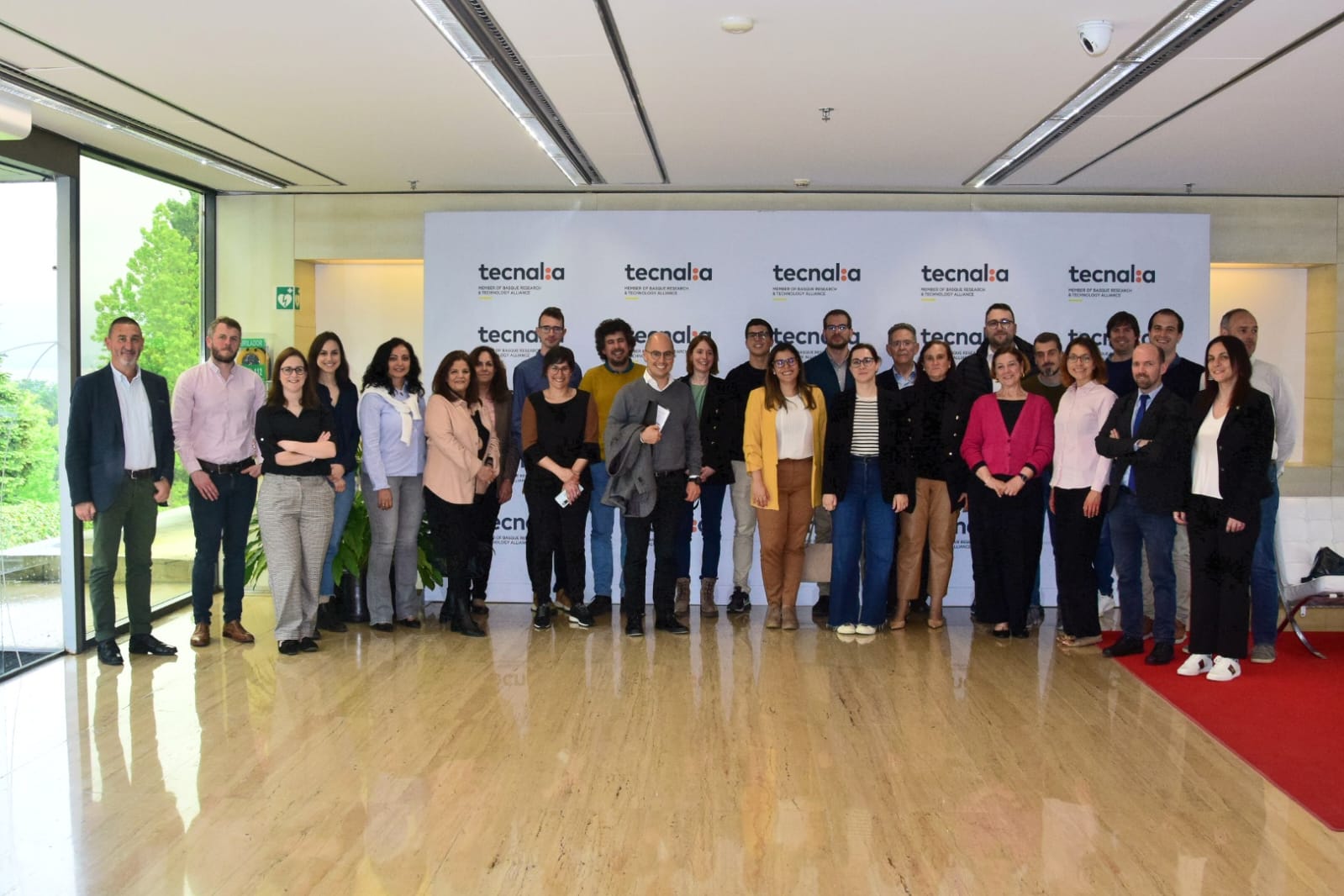Moving towards a more sustainable transport infrastructure with the LIAISON project
Press Release -
The LIAISON project will provide innovative solutions to Europe’s transport infrastructure, to be first demonstrated in Spain, Poland, Slovenia, and Italy.
It is well known that transport infrastructure has a very high environmental impact due to its material use, waste production and CO2 emissions. To achieve the European sustainability goals, new knowledge and technical solutions for this sector are needed. In this context, the recently launched LIAISON takes a holistic approach to tackle this challenge.
As remarked by the project coordinator, Dr. David Garcia Sanchez (TECNALIA), during the project’s first meeting in Bilbao last 23 May, “Europe must move towards a 100% renewable transportation system for climate, energy and sustainability reasons in 2050 and 50% in 2023”. LIAISON’s goal is to develop solutions that cover the whole life cycle of transport infrastructure (TI). Its design can influence and limit the overall emissions: from construction, maintenance, operation and decommissioning in a digital environment for next future TI.
The project considers the huge potential of the same infrastructure for resource generation: much of the waste currently produced in transport infrastructure interventions can be reused and recycled to create new construction materials and products. Likewise, there is a huge unexploited potential to deploy renewable energy generation systems along with energy recovery and saving solutions. The LIAISON project aims to develop a methodology, support tools and close-to-market technological solutions to transform EU transport infrastructure into a more sustainable and low carbon economic activity.
The consortium is well equipped for the tasks at hand: it includes key players of the transport infrastructure value chain, members of prominent national, EU and international platforms, networks, associations, and expert groups, and highly qualified and leaders in their sectors of activity. Among the other entities, also the Spanish Ministry of Transportation (MITMA) is involved.
Together, they will develop innovations such as smart sustainable beams, rigid road pavements and improved ballast; bioasphalts and smart pavement inspection system; intelligent tunnels control system and photovoltaic guardrails. These will be demonstrated in different demo sites (roads and railways) located in Spain, Poland, Slovenia and Italy.
Finally, to ensure the implementation of paradigm-shifting technical solutions in the sector, LIAISON wants to develop a governance framework (as the Dynamic Multi-Infrastructure Governance Framework -DMIGF) that activates, articulates and monitors compliance with circular economy principles throughout the life of the infrastructure.
Validations of specific solutions will be undertaken on the DEMO sites, following the LIAISON methodology, and will provide feedback to DMIGF for finetuning and updating.
For further information on LIAISON, contact Sara Lazzarin, Project Manager.
